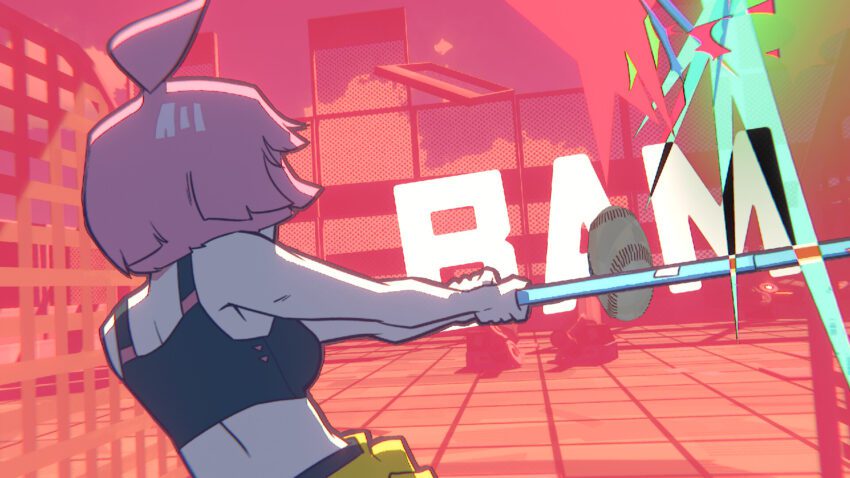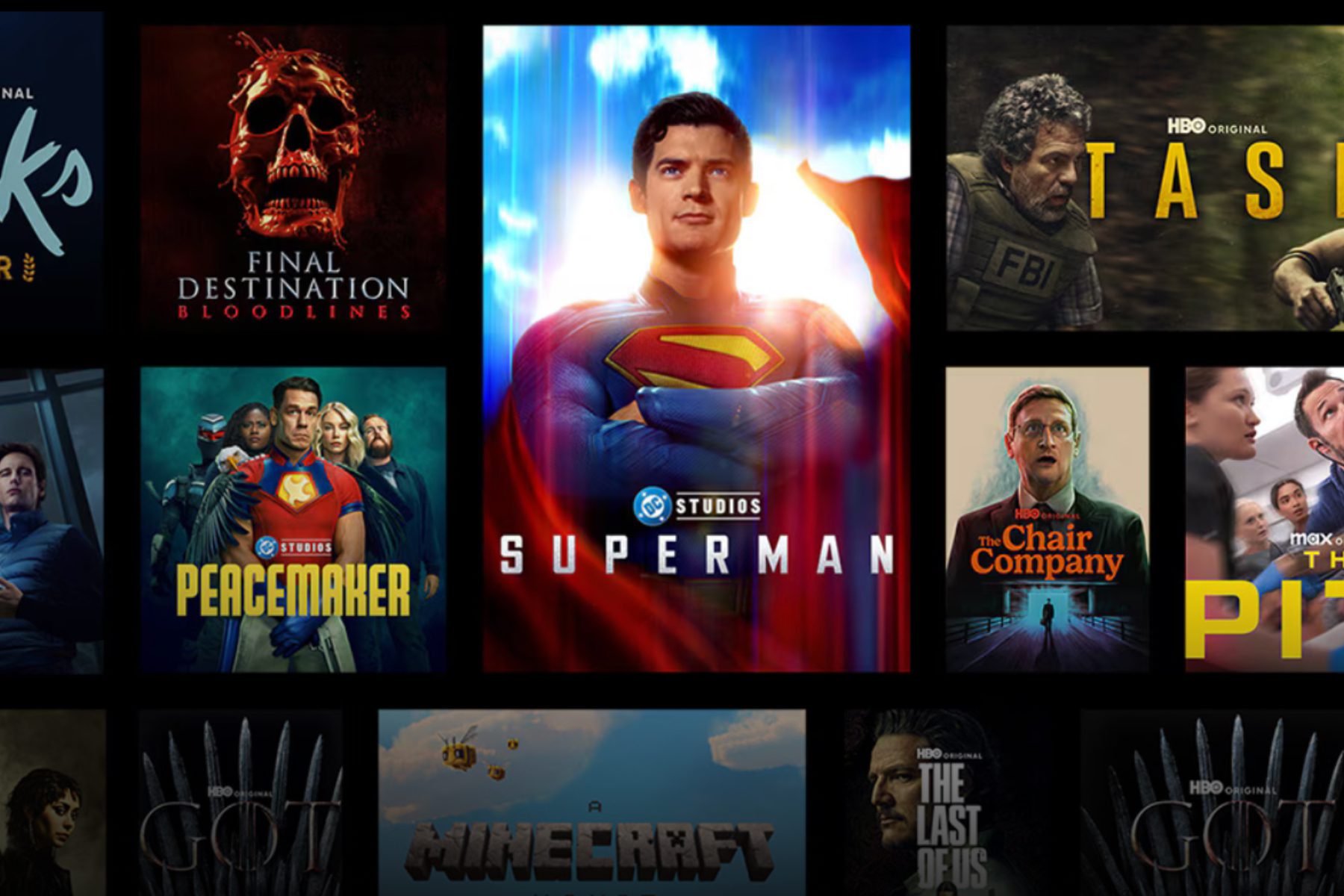
indie game developers have a new sales Indie game developers are increasingly positioning themselves as ‘AI-free’ in response to industry trends, emphasizing a commitment to traditional development methods.
indie game developers have a new sales
The AI Debate in Game Development
Earlier this month, Junghun Lee, CEO of Nexon, the parent company behind the popular live-service shooter Arc Raiders, stirred controversy within the gaming community with a bold assertion. He stated, “It’s important to assume that every game company is now using AI.” This statement ignited a firestorm of reactions, particularly from indie developers who felt compelled to defend their creative processes.
Reactions from Indie Developers
Indie developers were quick to voice their dissent, with many asserting that the use of generative AI in game development is not as ubiquitous as Lee suggested. Alex Kanaris-Sotiriou, co-founder of the indie studio Polygon Treehouse, which is known for titles like Rök and Mythwrecked, expressed his frustration, stating, “It’s just not true.” His sentiment resonated with many in the indie community, who argue that the reliance on AI tools undermines the artistry and individuality that define independent games.
Social media platforms became a battleground for this debate, with developers sharing their perspectives on the implications of AI in gaming. Many indie developers emphasized that avoiding generative AI is not merely a matter of personal pride; it is also a crucial aspect of their business model and creative philosophy.
The Value of Human Creativity
For many indie developers, the essence of game development lies in the human touch. They argue that the unique narratives, artistic styles, and emotional depth found in indie games stem from the personal experiences and creativity of their creators. By relying on AI, they fear that the industry risks homogenizing content, leading to a loss of diversity in storytelling and gameplay mechanics.
Concerns Over AI’s Impact on Game Design
One of the primary concerns raised by indie developers is that generative AI can lead to a dilution of creativity. While AI can assist in certain tasks, such as generating assets or optimizing code, many developers believe that it cannot replicate the nuanced decision-making and emotional intelligence that human creators bring to their work.
Moreover, there are apprehensions regarding the potential for AI to replace jobs within the industry. As AI tools become more advanced, the fear is that companies may opt for automated solutions over hiring skilled artists, writers, and designers. This trend could disproportionately affect indie studios, which often operate on tight budgets and rely heavily on the unique talents of their small teams.
Defining ‘AI-Free’ Development
The term ‘AI-free’ has emerged as a rallying cry among indie developers who wish to distinguish their work from that of larger studios that may embrace AI technologies. But what does it mean to be ‘AI-free’ in game development? For many, it signifies a commitment to traditional methods of design, storytelling, and gameplay mechanics.
Emphasizing Craftsmanship
Indie developers often pride themselves on their craftsmanship and the personal touch they bring to their projects. By eschewing AI, they aim to create games that reflect their unique visions and resonate with players on a deeper level. This approach often involves a more hands-on process, where developers meticulously craft every aspect of the game, from the narrative to the art style.
For instance, the development of Rök, a game that draws heavily on Norse mythology, showcases the dedication of its creators to authenticity and depth. The team at Polygon Treehouse spent countless hours researching and refining the game’s lore, ensuring that it not only entertained players but also educated them about the cultural context of the story.
The Business Implications of Going ‘AI-Free’
Choosing to remain ‘AI-free’ also has significant business implications for indie developers. In a market increasingly dominated by large studios that leverage AI for efficiency and cost-effectiveness, indie developers must find ways to differentiate themselves. By promoting their commitment to traditional development methods, they can attract players who value authenticity and originality.
Building a Community of Support
Many indie developers are finding that their ‘AI-free’ stance resonates with a growing community of gamers who are disillusioned by the formulaic nature of many mainstream titles. This community often seeks out indie games for their innovative gameplay and unique storytelling. By positioning themselves as alternatives to AI-driven development, indie studios can cultivate a loyal fan base that appreciates their dedication to craftsmanship.
Moreover, this community support can translate into financial success. As players become more aware of the implications of AI in gaming, they may choose to support indie developers who prioritize human creativity over automated processes. This shift could lead to increased sales and greater visibility for indie titles in a crowded marketplace.
Challenges Ahead
Despite the advantages of an ‘AI-free’ approach, indie developers face significant challenges in the current gaming landscape. The pressure to adopt new technologies, including AI, is mounting as larger studios continue to innovate and streamline their processes. As a result, indie developers must navigate a delicate balance between maintaining their artistic integrity and remaining competitive in a rapidly evolving industry.
Adapting to Industry Trends
While many indie developers are committed to avoiding AI, some are exploring ways to incorporate technology without compromising their creative vision. This could involve using AI as a tool for specific tasks while retaining control over the core aspects of game design. For instance, AI-generated assets might be used as a starting point, but developers would refine and adapt them to fit their unique style.
This hybrid approach allows indie developers to leverage the benefits of AI while still prioritizing human creativity. By embracing technology in a thoughtful manner, they can enhance their development processes without sacrificing the authenticity that defines their work.
The Future of Indie Game Development
As the debate over AI in gaming continues, the future of indie game development remains uncertain. However, the commitment of many developers to an ‘AI-free’ philosophy signals a desire to preserve the artistry and individuality that have long been hallmarks of independent games. This movement could lead to a resurgence of creativity in the industry, as developers seek to push the boundaries of storytelling and gameplay without the influence of AI.
Conclusion
In a world where AI is becoming increasingly prevalent, indie game developers are carving out a niche for themselves by championing the value of human creativity. Their commitment to being ‘AI-free’ not only reflects a dedication to craftsmanship but also serves as a response to the challenges posed by larger studios. As the gaming landscape evolves, the voices of indie developers will continue to play a crucial role in shaping the future of the industry, ensuring that the essence of gaming remains rooted in human experience and creativity.
Source: Original report
Was this helpful?
Last Modified: November 24, 2025 at 11:36 pm
3 views















